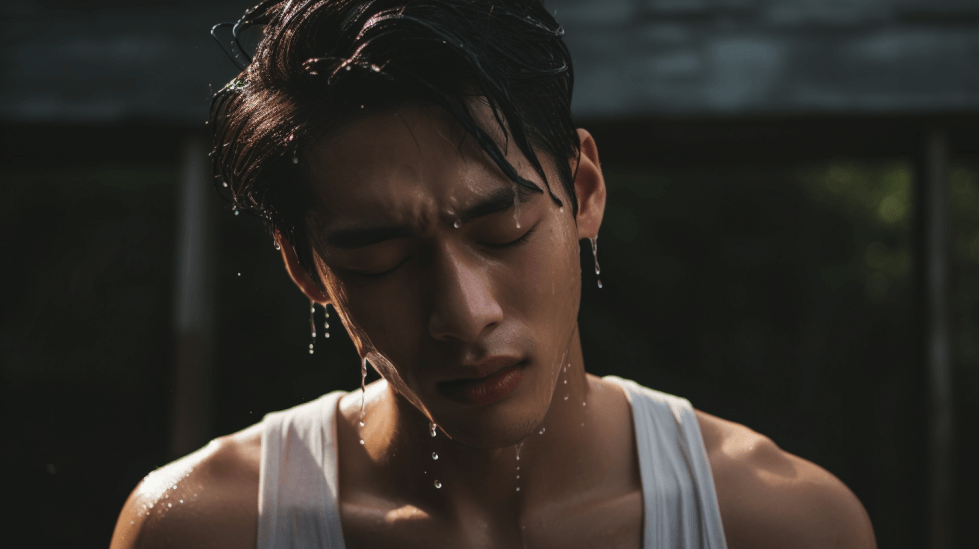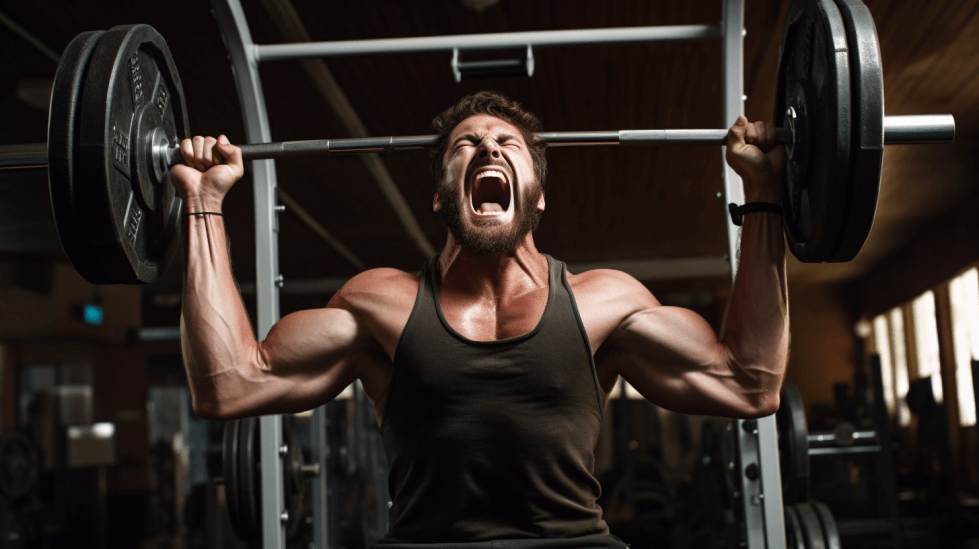Does Low Testosterone Cause Hair Loss
Hair loss is a concern that affects many individuals, and it is often attributed to various factors such as genetics, lifestyle, and age. One possible cause of hair loss that has been debated is low testosterone levels, which may be linked to patterns of hair loss in both men and women.
Research has shown that hormonal imbalances, including low testosterone, can lead to hair loss in certain cases. Low testosterone can have a variety of consequences for one’s overall health, and it is essential to understand its impact on hair growth to gauge the potential connection. While it is noted that both low and high levels of testosterone may result in hair loss, it is crucial to comprehend the role of dihydrotestosterone (DHT) within this context, as it contributes to hair loss as well (Skinkraft).
Finding accurate information on this topic is vital to understanding the relationship between low testosterone and hair loss. This article aims to provide evidence-based insights into this connection and explore the various factors that come into play when determining the potential causes of hair loss.
Understanding Testosterone and Hair Loss
Testosterone is a hormone that plays a crucial role in various body functions, including hair growth. To better understand the connection between low testosterone and hair loss, it’s important to analyze the role of testosterone in hair growth and the connection between hair loss and DHT (dihydrotestosterone).
Role of Testosterone in Hair Growth
While testosterone is mainly responsible for the development of secondary sexual characteristics in men, it also affects women, albeit at much lower levels. Testosterone impacts both hair production and hair growth, with the hair growth cycle consisting of three phases: the anagen (growing) phase, the catagen (transition) phase, and the telogen (resting) phase. Any changes in testosterone levels can affect this cycle, leading to hair loss or thinning in some cases.
Hair Loss and DHT Connection
DHT, known as dihydrotestosterone, is a potent androgen derived from testosterone. It has a stronger affinity to androgen receptors and plays a part in hair follicle miniaturization, which is the primary cause of male pattern baldness (androgenetic alopecia) and, to a lesser extent, female pattern hair loss. According to Healthline, while the relationship between low testosterone and hair loss is not a simple linear connection, it is important to note that both low and high testosterone levels can contribute to hair loss.
Skinkraft explains that individuals with low testosterone levels may still exhibit the same amount of DHT, which can lead to hair loss. Although hair loss is a natural part of aging for many people and can be hereditary, there is evidence suggesting a strong link between hair loss and low testosterone. However, due to the fact that men with normal testosterone levels may also experience hair thinning, it’s not solely dependent on hormonal imbalances.

Low Testosterone and Its Implications
Low testosterone can have various effects on men, including physical and emotional symptoms. In this section, we will discuss the symptoms and causes of low testosterone.
Symptoms of Low Testosterone
Men with low testosterone may experience a range of symptoms, including:
- Hot flashes, which can feel like a sudden sensation of warmth and be accompanied by heavy sweating and reddening of the skin.
- Hair loss in certain areas of the body, such as the face, arms, and lower legs.
- Decreased muscle mass and an increase in body fat.
Additionally, low testosterone can lead to emotional changes, such as mood swings, irritability, and reduced libido.
Causes of Low Testosterone
There are various potential causes of low testosterone, some of which include:
| Age | Testosterone levels naturally decline as men age, with a significant decrease occurring after the age of 40. |
|---|---|
| Hormonal Imbalances | Problems with the hypothalamus, pituitary gland, or testicles can result in low testosterone levels. |
| Chronic Illness | Conditions such as diabetes, liver disease, and kidney disease may contribute to low testosterone levels. |
| Medication Side Effects | Certain medications, such as opioids and corticosteroids, can negatively affect testosterone production. |
It is important to note that while there is a correlation between low testosterone and hair loss, it is not a direct cause. According to VitalityHRT, men with high testosterone levels can also experience hair loss.
Debating the Connection Between Low Testosterone and Hair Loss
Research Findings
When exploring the link between low testosterone and hair loss, it’s essential to consider the research conducted in this field. There is evidence to suggest that there may be a connection between the two, but the relationship is not as straightforward as having too much or too little testosterone. In fact, some studies show that men with low testosterone levels can have average dihydrotestosterone (DHT) levels, which is the hormone responsible for hair loss in many cases (“The Link Between Testosterone and Hair Loss…”).
Though a strong link between hair loss and low testosterone is believed to exist, it is critical to note that men with normal testosterone levels can also experience hair thinning. This suggests that hormonal imbalances may not be the sole cause of hair loss for every individual (“Testosterone and Hair Loss in Males…”).

Alternative Factors Contributing to Hair Loss
Aside from low testosterone and DHT levels, several other factors can contribute to hair loss in both men and women. Some of these factors include:
- Genetics
- Stress
- Poor diet and nutrition
- Medication side effects
- Medical conditions
- Smoking and alcohol consumption
As such, it is crucial for anyone experiencing hair loss to consider these alternative factors and consult a healthcare professional for a comprehensive evaluation and personalized treatment plan (“Hair Loss and Testosterone – Healthline”).
Managing and Treating Hair Loss
Hair loss can be challenging to deal with, but various lifestyle changes and medical treatments can potentially help manage and treat hair loss due to low testosterone.
Lifestyle Changes
Implementing certain lifestyle changes may improve hair health and potentially slow down hair loss. Some of the most effective changes include:
- Eating a balanced diet rich in nutrients such as biotin, zinc, and proteins to support hair growth and strength.
- Managing stress through regular exercise, meditation, or other relaxation techniques, as stress can contribute to hair loss.
- Avoiding tight hairstyles, excessive heat styling, and harsh chemical treatments that can weaken hair and contribute to breakage.
- Practicing proper hair care by using gentle shampoos and conditioners and avoiding aggressive brushing or combing.
- Considering supplementation with vitamins and minerals, like iron, vitamin D, and B vitamins, which may promote hair growth and strength.
Medical Treatments
There are various medical treatments available that may help manage and treat hair loss. Some of the most common medical treatments include:
- Minoxidil (Rogaine): A topical treatment that can help stimulate hair growth by widening and loosening blood vessels, allowing for better blood flow to hair follicles. Minoxidil is available over-the-counter and is typically applied to the scalp twice a day.
- Testosterone therapy: In cases where hair loss is due to low testosterone, testosterone injections may help stabilize hormone levels and potentially slow down hair loss. It is essential to consult a healthcare professional before starting any hormone therapy.
- Finasteride (Propecia): A prescription medication that works to inhibit the conversion of testosterone to dihydrotestosterone (DHT), thus potentially slowing down hair loss. Finasteride is typically taken as a once-daily oral tablet.
When considering medical treatments for hair loss, it is crucial to speak with a healthcare professional to assess the root cause of the issue and develop an appropriate treatment plan.
Conclusion
Low testosterone can indeed have an impact on hair health and growth. The hormone plays a vital role in hair follicles, and maintaining the right testosterone levels is crucial for hair health and preventing hair loss (Peter MD).
Testosterone deficiency can lead to the deprivation of hormones needed for hair growth, which may cause hair strands to weaken and break (Vitality HRT). The effects of low testosterone may vary depending on the individual, but it is crucial for each person to find the proper balance of hormones to maintain their overall health and hair wellness.
In summary, low testosterone can potentially contribute to hair loss for some individuals. Managing testosterone levels and finding the precise balance can lead to healthier hair and a generally improved well-being.
